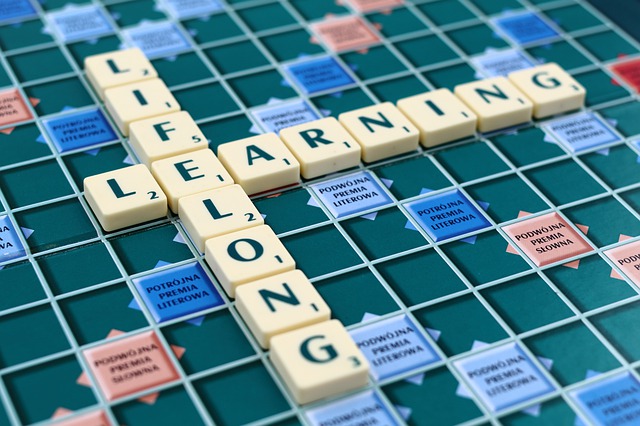
THERE seems to be a perception that online gaming has a detrimental impact on children’s development. Nothing could be further from the truth and there are countless — and complex — reasons for this, but it also makes sense at the basic benefits of game-based learning.
Of course, children should not spend every single second of the day staring at a computer screen. Nevertheless, education and online gaming certainly aren’t enemies either.
In fact, playing online games may be something which can enhance a child’s learning and development. How?
Increases a child’s memory capacity Games often revolve around the utilisation of memorisation. This not only relates to games whereby children have to remember aspects in order to solve the game, memorise critical sequences, or track narrative elements.
Computer and simulation fluency This is something which is very important because we live in a world which is dominated by technology.
Playing games via the internet allows children the licence to get used to how a computer works, thus it becomes second nature to them.
There are websites, such as cartoon network games, which provide young children with fun and exciting games which also teach them to utilise the mouse and keyboard properly, not to mention browsing, username and passwords, and general internet navigation.
Helps with fast strategic thinking and problem-solving Most games require children to think quickly. Moreover, they have to utilise their logic in order to think three steps ahead in order to solve problems and complete levels.
- Chamisa under fire over US$120K donation
- Mavhunga puts DeMbare into Chibuku quarterfinals
- Pension funds bet on Cabora Bassa oilfields
- Councils defy govt fire tender directive
Keep Reading
This is great because it is something which helps children in later life as they develop their logic, their accuracy and their ability to think on their feet and outside of the box.
Develops hand-eye co-ordination Games that require children to use a gamepad or a keyboard and the mouse to operate the games can help develop hand-eye co-ordination.
Not only does this get them more tuned to how a computer works, but it also helps to develop hand-eye co-ordination because children have to look at the action on the screen whilst using their hands to control what is happening at the same time.
Beneficial specifically for children with attention disorders Research has revealed that online games can actually help children who experience attention disorders.
This was concluded by a professor at Nottingham University, and is a notion which has been repeated by many in related studies.
Skill-building (eg map reading) A lot of games contain certain aspects which help children with specific skills. For example, a lot of mystery and adventure games contain maps which children will have to read.
This obviously helps their map reading skills and practical thinking. Moreover, there are games, such as football management games, which introduce children to managing finances and general project management.
As you can see, there are a whole host of reasons as to why online games can be beneficial for children.
Thus, education and gaming certainly aren’t enemies. In fact, many would say that they are more like best friends. — www.teachthought.com/










